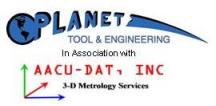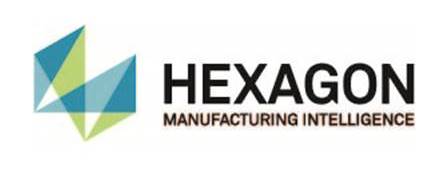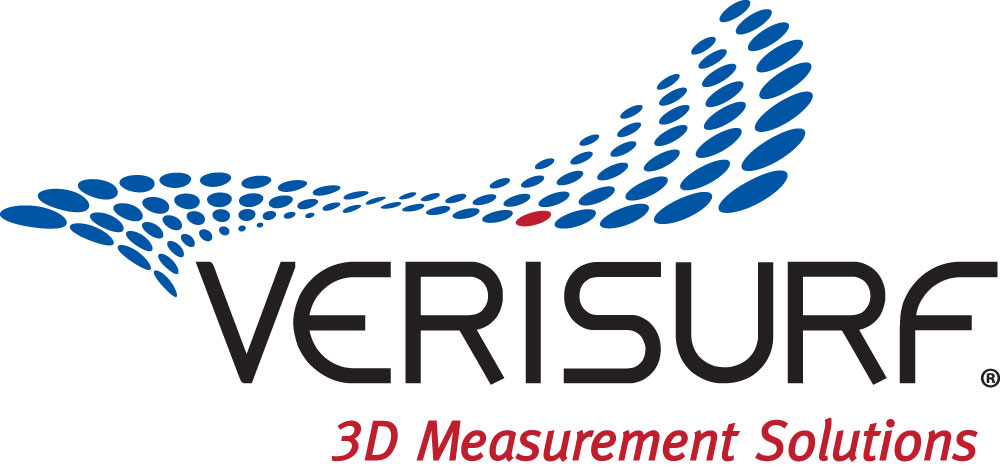Speaker Bio:
Lucas M. Valdez is a Research and Development Engineer at Los Alamos National Laboratory, in the Manufacturing Science and Engineering Division. He has been an R&D Engineer for about five years and was a student at Los Alamos before that. He currently works on several projects ranging from machining artifacts made on five-axis mills and turning centers, developing error budgets for machine tools and developing the necessary metrology processes for measuring these artifacts with high-accuracy and precision Coordinate Measuring Machines. Lucas has more than 12 years of experience in manufacturing with an emphasis on metrology and machining. He holds Bachelors and Master’s degrees in mechanical engineering from the University of New Mexica and a PhD in Mechanical Engineering from the University of North Carolina at Charlotte’s Center for Precision Metrology.
Abstract:
Previously we have presented a prototype optical coordinate measurement machine developed at the National Physical Laboratory in the UK. This year we propose to present an update on activity on both a short range demonstrator operating over a desktop volume, and a long range demonstrator operating over the volume of a factory cell.
A short range demonstrator has been built to measure targets on a small CMM, providing vibration compensation and outputting real-time coordinate positions and uncertainties. For the long range system we present a complete change to the acquisition system, improving measurement rate by a factor of 30. An essential feature of the long range system is real-time tracking of targets and we will present the methods undertaken to achieve this.
Both systems utilise the same operating principle. Frequency scanning interferometry is used to make absolute distance measurements and multilateration calculates target coordinates with uncertainty estimates. The combination of these two techniques results in a coordinate measurement system that is self-calibrating with compensation for systematic errors, calculates in-process uncertainty estimates, has continuous traceability to the SI metre, and makes rapid coordinate measurements.
In our measuring system, multiple sensors each measure the distances to multiple targets, simultaneously. Using a minimum of four sensors and six targets, the location of both the targets and the sensors can be determined without prior information about the system. Increasing either the number of sensors or targets leads to data redundancy, which can be used to infer uncertainty estimates for the coordinate measurements. By including systematic errors (associated with e.g. the measuring sensors) into the multilateration model they can be compensated for within the solution.
As the Industry 4.0 revolution advances with intelligent automation, 24 hour production, and high quality big data, traceable metrology systems are required at the heart of the manufacturing process. We see our system being integral to this revolution, being applicable to a wide range of applications, from on-line verification of machine tool processes and CMM calibration, to general traceable measurements across a range of environments.






